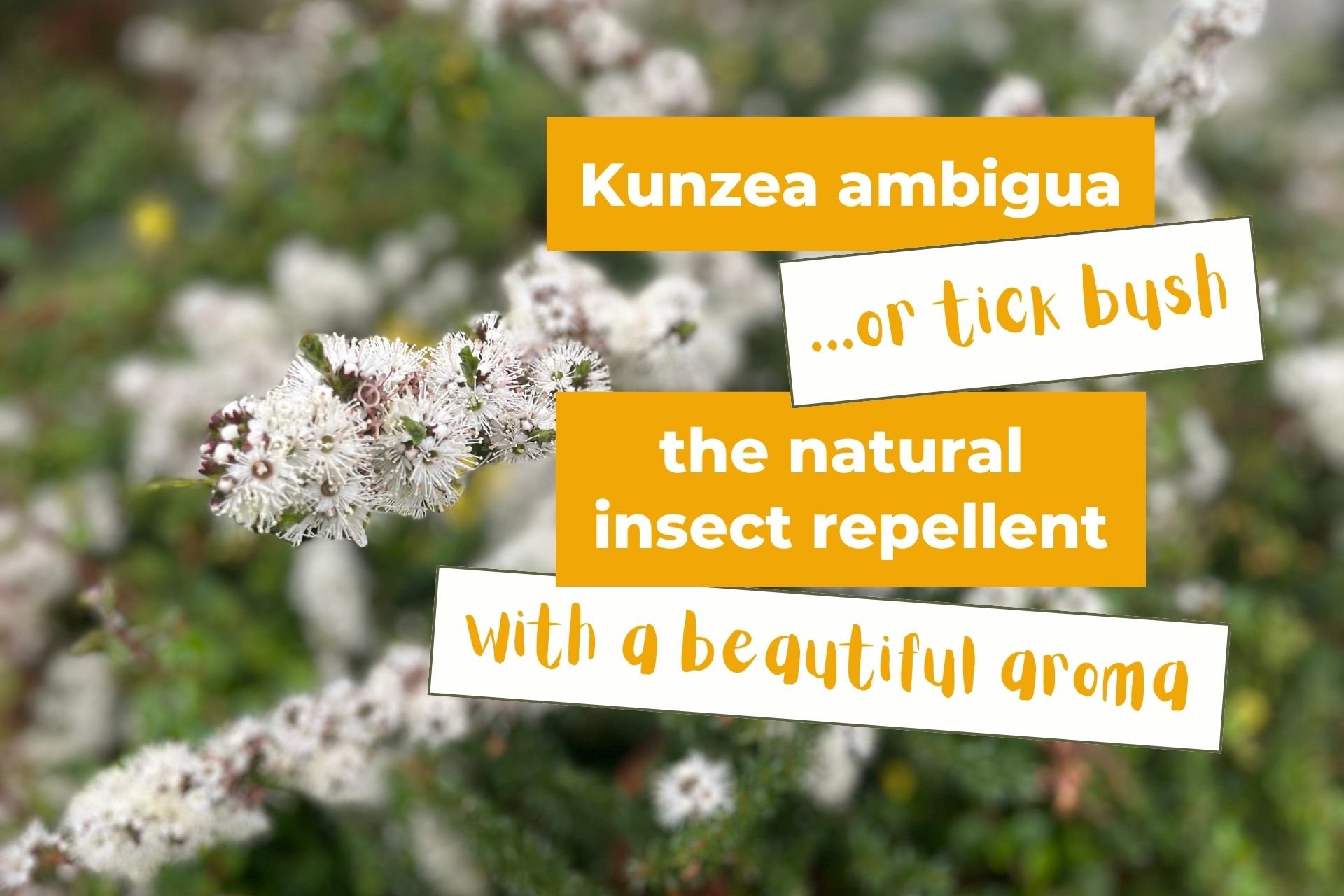Protect your pets from deadly ticks
How to protect your pet from ticks and insects
Wet weather causes increase in tick bites
The extreme wet weather in large parts of Australia is causing a huge increase in tick bites. According to a recent ABC news article, we’re experiencing a nation wide shortage of a potentially life-saving product used to treat paralysis in pets. Vets are expecting the anti-serum shortage to last at least three weeks.
Prevention with year round tick control is the key
Keep your pet safe by staying up to date with your tick prevention:
Avoid the tick habitat (thick bush, long grass, etc.)
Ask your vet which tick control products to use for your pet and apply them in regular intervals
Examine your pet’s skin and coat for ticks daily, particularly around the neck, head, face and ears
Use a natural insect repellent for extra peace of mind
Know the signs of tick paralysis: breathing issues, lethargy, gagging, wobbly legs, drooling, not eating, etc.
Most importantly, call your vet immediately if your pet shows signs of tick toxicity. If it is after hours, contact a 24/7 emergency veterinary hospital.
Did you know that Tasmanian Kunzea ambigua is also called ‘Tick Bush’?
Kunzea ambigua is a shrub native to New South Wales, Victoria and Tasmania. It’s a remarkable plant that naturally produces a very fragrant essential oil. Like the Tee Tree which has more of a medicinal aroma, Kunzea is also part of the Myrtacea family, but it boosts a sweeter, more invigorating fragrance.
Research is currently being conducted on the health benefits of Kunzea oil. The oil is used for arthritis and rheumatism pain relief, colds and flu, assisting in bruise and wound healing, stings and bites, to treat eczema and psoriasis, and for relieving stress, nervous tension and mild anxiety.
Early European settlers noticed that native animals would often sleep under the Kunzea shrubs. It was later established that the reason why the native wildlife slept under the bush was to rid themselves of ticks. As a result settlers called the plant ‘Tick Bush’.
Recent scientific research has shown that insecticidal activity of Kunzea ambigua extract was comparable to that of pyrethrum extract. A recent study from the University of Tasmania also showed Kunzea oil to be as effective as citronella for repelling mosquitoes.










